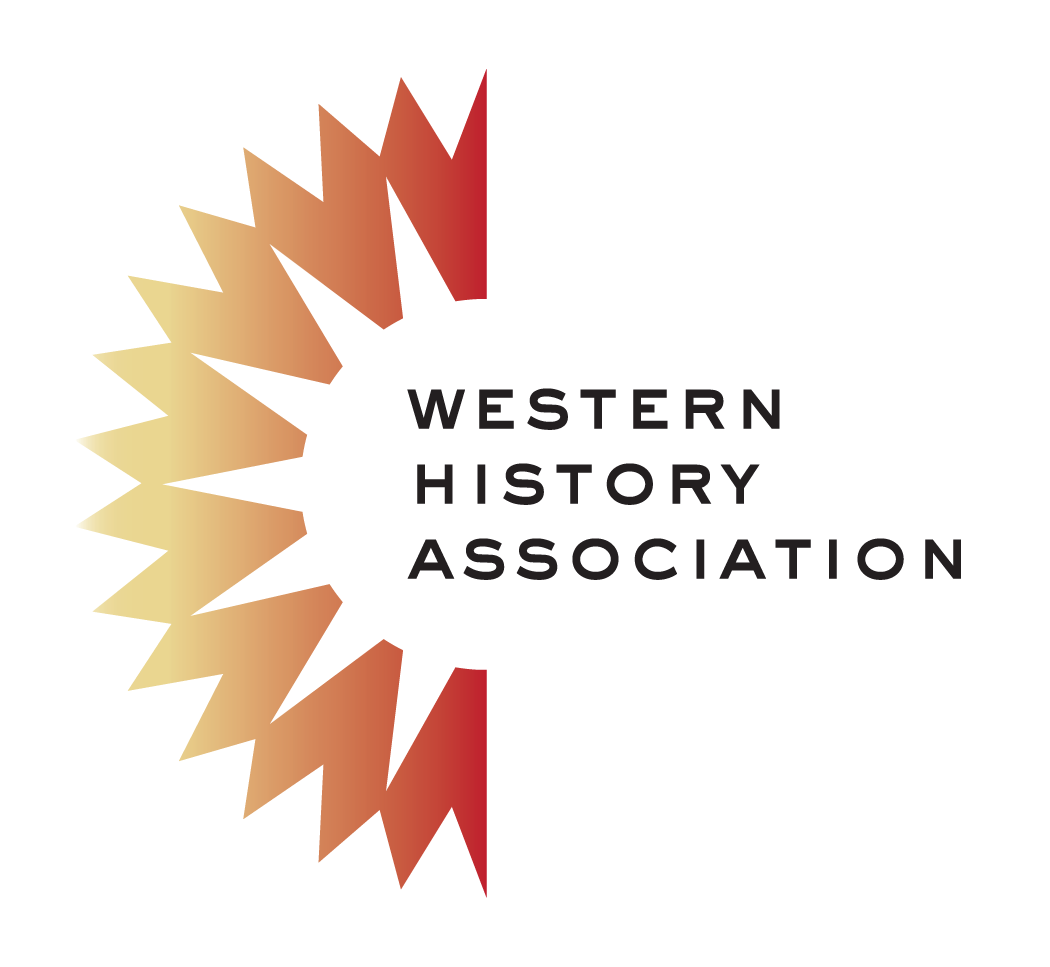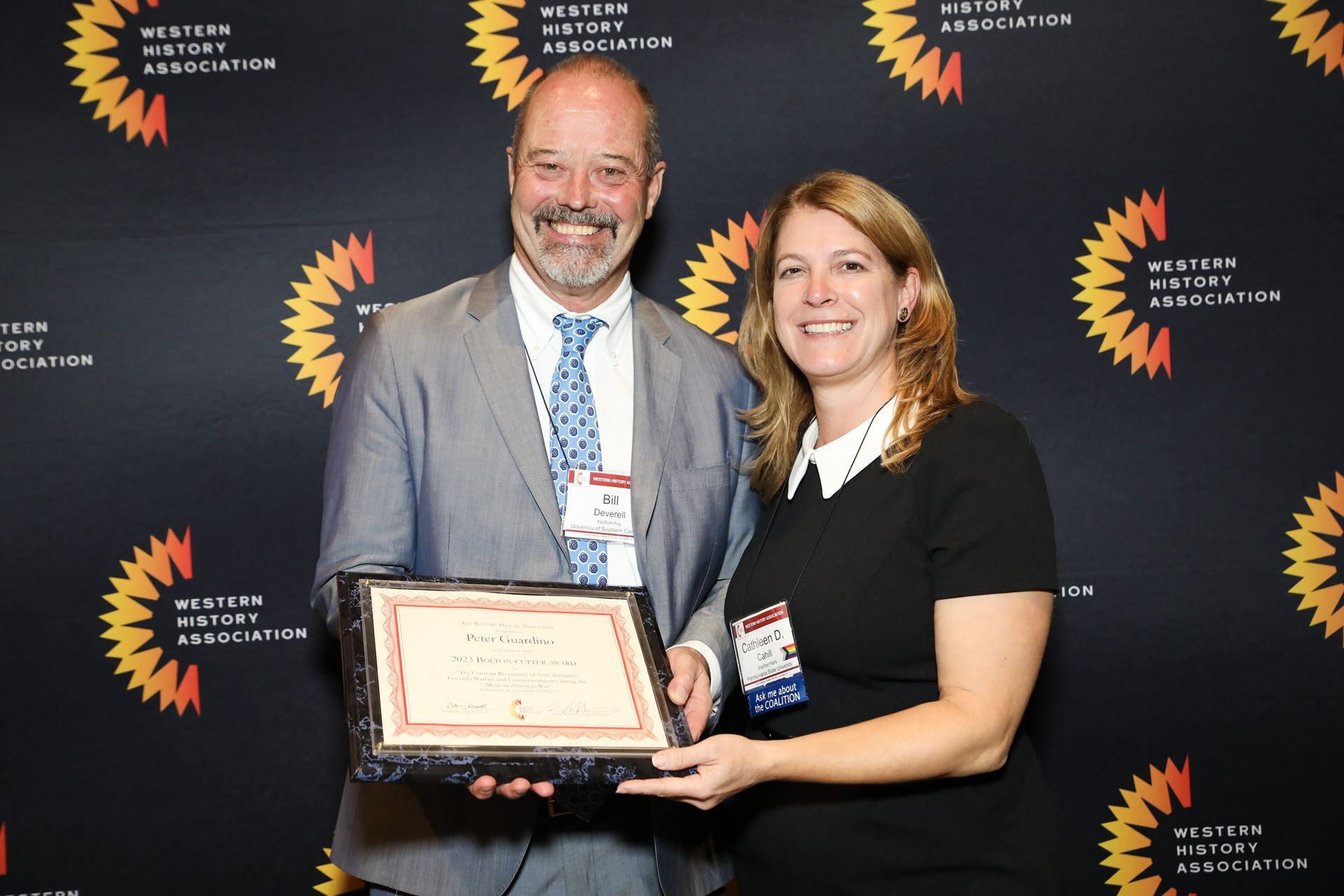BACKGROUND: BOLTON AND CUTTER Herbert Eugene Bolton (1870 – 1953) was an American historian who pioneered the study of the Spanish-American borderlands and was a prominent authority on Spanish American history. A student of Frederick Jackson Turner, Bolton disagreed with his mentor's Frontier Theory and argued that the history of the Americas is best understood by taking a holistic view and trying to understand the ways in which the different colonial and precolonial contexts have interacted to produce the modern United States. He originated what became known as the Bolton Theory of the history of the Americas which holds that it is impossible to study the history of the United States in isolation from the histories of other American nations, and wrote or co-authored 94 works. The height of his career was spent at the University of California, Berkeley where he served as chair of the history department for 22 years and is widely credited with making the renowned Bancroft Library the preeminent research center what it is today. Source: Thrapp, Dan L. "Bolton, Herbert Eugene" Encyclopedia of Frontier Biography. Vol. I, Glendale, Calif: A.H. Clark Co, 1988. from the Handbook of Texas Online. Donald C. Cutter (1922-2014) Western American Historian Donald C. Cutter was the 14th historian to serve as President of the Western History Association, 1975-1976. Dr. Cutter became assistant and then associate professor of history at the University of Southern California (1951-1961). He spent the bulk of his teaching career as Professor of History at the University of New Mexico (1962-1982). After retiring from the University of New Mexico as an Emeritus Professor, Dr. Cutter was Distinguished Chair of Spanish History and Texas Borderlands at Saint Mary’s University, San Antonio (1982-1989) and was named O’Connor Professor Emeritus. Born in Chico, California on January 9, 1922, Dr. Cutter received his A.B. in Spanish from the University of California (1945), and spent three year in the Pacific Theater during WWII aboard the U.S.S. Pecos. He returned to California at the end of the war, and earned an M.A. in History (1947) and a Ph.D. in History with a minor in Anthropology (1950), both from the University of California. The author of numerous articles, book reviews, and more than a dozen books, Dr. Cutter is best known for The Writings of Mariano Payeras, published by the Academy of American Franciscan History (1995) for which he received the Norman Neuberg Award for Distinguished Research and Writing in Early California History. Other books include, Malaspina in California (J. Howell,1960), California in 1792: a Spanish naval visit (University of Oklahoma Press, 1990), and Malaspina & Galiano: Spanish voyages to the Northwest Coast, 1791 & 1792 (University of Washington Press, 1991). Most recently, Dr. Cutter contributed “Recuerdos de mi Museo Favorito” to the Navigare Necesse Est. Estudios de Historia Marítima en honor de Lola Higueras Edición, Fundación Alvargonzález, 2008. Sources: Directory of American Scholars, Eighth Edition, Volume I (New York: R.R. Bowker Company,1982); interviews with Dr. Donald C. Cutter, November 29, 2011, December 2, 2011. Authored by: Nawana Britenriker, University of New Mexico, Albuquerque. |

.png)
.png)
